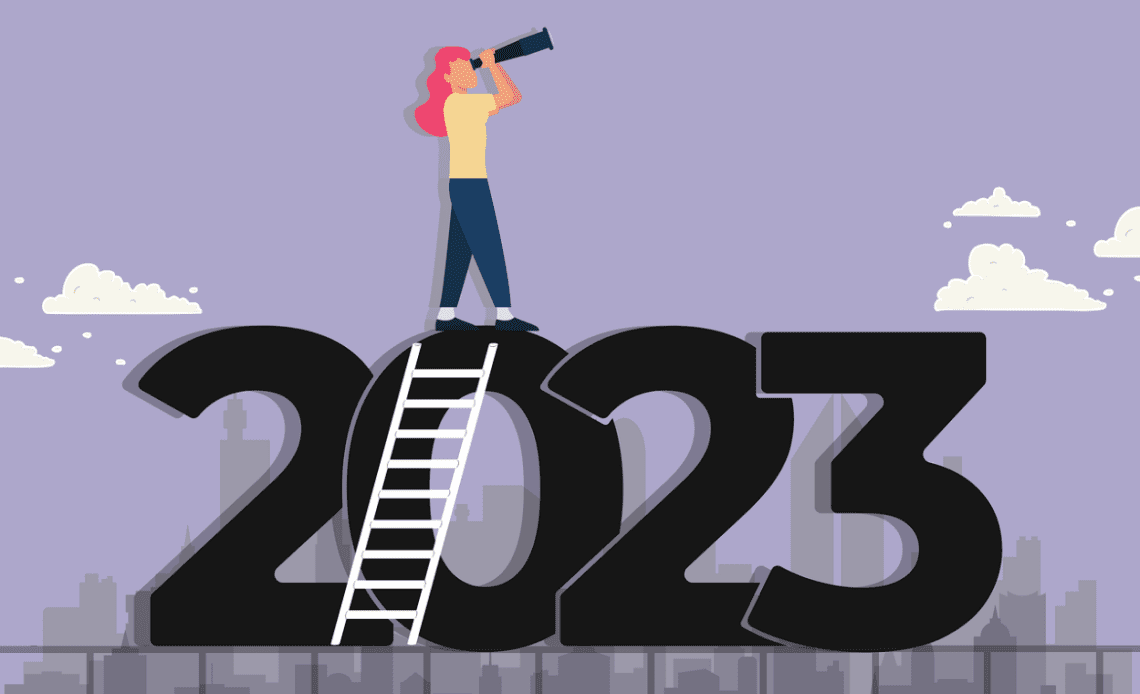AI (Artificial Intelligence) marketing is the utilization of intelligent technology solutions to improve the customer experience and operational efficiency. This is achieved by leveraging data and customer profiles to provide tailored messages to customers without the need for intervention from marketing team members. AI marketing use cases include machine learning, big data and analytics, AI marketing platforms, and tools. However, there are some challenges to be aware of when implementing AI into marketing strategies, such as training time and data quality.
Digital marketers must consider various factors when using AI in their marketing campaigns and operations, such as establishing goals, ensuring compliance with data privacy standards, and having sufficient data from various sources. Additionally, they need to be aware of the potential disruption to day-to-day marketing operations and the need to evaluate which jobs will be replaced or created as a result. Finally, it is important for marketers to plan thoroughly to ensure they get the most value from their AI investment in the least amount of time.
Organizations should partner with third-party organizations to collect and analyze data to train tools for optimal performance and maintain data quality. AI marketing should be integrated with existing marketing strategies to optimize steps, reduce risk, and increase campaign ROI. Selecting the right platform is essential and marketers should consider the goal and visibility. Benefits of AI in marketing include increased ROI, better customer relationships, and real-time personalization.
AI marketing enables businesses to utilize programmatic media buys, select the right message, and gain insight into customer preferences in order to create a more comprehensive marketing plan. By leveraging machine learning and AI tools, marketing teams can use real-time analytics to bid on ad space relevant to target audiences, serve more customized messages to users, and increase conversion rates.
AI marketing tools are becoming increasingly popular, offering marketing teams the ability to analyze data in order to create a more nuanced view of customers, personalize experiences, create chatbots for customer service, leverage predictive analytics for campaigns, automate tactical processes, and adjust prices in real-time. It is expected that marketing teams will increasingly scale through AI and be put under increased pressure to demonstrate marketing value and ROI.
You can read the full article here









